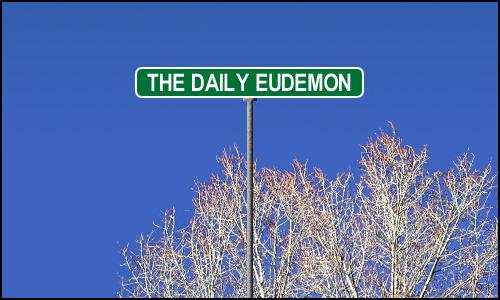Sunday

The Homophile Anchoress
I'd been noticing some disturbing Tweets and posts from Elizabeth Scalia lately, so much so that I finally emailed a few friends about it, asking whether she had "flipped" to the pro-gay camp. It turns out she has, albeit in an unusual way and one that, though I find it seriously disturbing, probably has some merits that need to be analyzed more closely.
Basically, Scalia and others appear to continue to view homosexual activity as gravely sinful, but are now elevating homosexual orientation itself to a preternatural state of existence. This article at Crisis lays out the position of "The New Homophiles."
Elizabeth Scalia, who is not gay, came to prominence under the nom de blog The Anchoress and is now the editor of the Catholic portal at Patheos. Her brother was gay and died from AIDs and she is perhaps the Momma Bear of the New Homophiles.
Scalia usually treads lightly but surely on the question of homosexuality. She likely understands how difficult this new message is for the kind of Catholics who read her.
She began one provocative column at First Things quoting gay playwright Larry Kramer who told a television audience at the Tony Awards in 2011 that gays “are a very special people, an exceptional people, and that our day will come.” Scalia answered, “”¦ perhaps Kramer is right. Perhaps homosexuals are in fact 'special and exceptional others,' whose distinctions are meant to be noted. Perhaps they are a 'necessary other' created and called to play a specific role in our shared humanity.” Note the careful triple “perhaps,” a columnist's way of taking something off the fastball but throwing a strike nonetheless.
Gay exceptionalism and charism are a regular theme for the New Homophiles. Gabriel Blanchard who calls himself “a gay, anarchist Christian” used to believe that celibacy was a kind of second prize, behind marriage and the priesthood. He is now fiddling with the idea that he is gay because he is celibate, that his “homosexuality was incorporated, or permitted by God, so as to help me discern my vocation to lay celibacy?” He claims gay exceptionalism allows gays to have “lower tension in dealing with the opposite sex” and “a more intuitive understanding of certain forms of mysticism.” Perhaps.
I've seen some stuff from Scalia that makes me doubt whether she even still views homosexual activity as sinful anymore, but that might be a bit strong. My hunch is that, though she still views such activity as sinful, it's a lesser sin than not respecting homosexuals. Or maybe a sin that needs less emphasis in the Catholic Church than emphasis on the sin of not recognizing gay exceptionalism.
I'm open to correction, but that's where I think she is.
